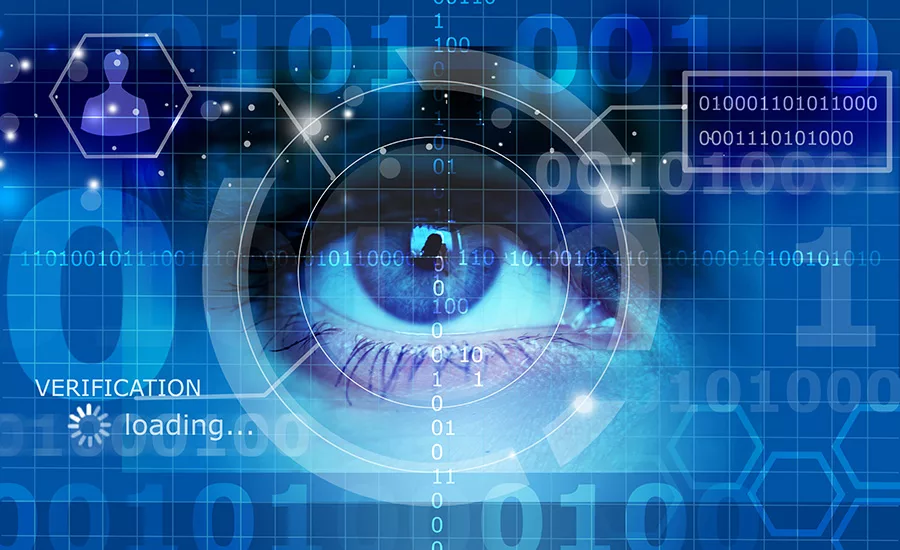70% of Consumers Want Expanded Use of Biometric Authentication into the Workplace

A new Biometric Consumer Sentiment Survey from Veridium reveals an increased appetite for biometric authentication technology, with 70 percent of respondents reporting that they would like to expand the use of it into the workplace.
The main reasons? Speed (35 percent), security (31 percent) and not having to remember passwords (33 percent).
Who wants it? According to the survey, preferences for doing so differs widely according to age.
- Each age group has a different reason for using biometric authentication. Millennials (those under 35 years old) value speed (46 percent), Generation X (ages 35-55) values not having to remember passwords (44 percent) and Baby Boomers (over 55 years old) value security (30 percent) more than anything.
- Despite being deemed the generation of digital natives, millennial respondents surprisingly prefer traditional passwords (47 percent) over any form of biometric authentication. Generation X’s number one preferred biometric authentication feature is fingerprint (42 percent), while Baby Boomers opt for voice (30 percent).
- Millennials most frequently use biometrics to access financial applications such as banking apps or ATMs (46 percent), followed by payments (45 percent). Generation X’s number one application of biometric authentication is for travel (41 percent), and Baby Boomers most use the technology for healthcare applications (28 percent).
- Millennials are more likely than other generations to say they haven’t been the victim of a data breach (46 percent). Generation X is more likely than any other generation to have been the victim of a data breach (47 percent).
The success of it will depend upon transparency, the report said. As more consumers consent to using biometrics, it’s critical that companies clearly communicate how they’re using and storing this personally identifiable information (PII). When asked if they believe companies are storing their biometrics in an ethical way, more than half of respondents (57 percent) are either unsure or neutral. Only about a third of respondents (35 percent) agree or strongly agree that their biometric data is being stored ethically.
Looking for a reprint of this article?
From high-res PDFs to custom plaques, order your copy today!







